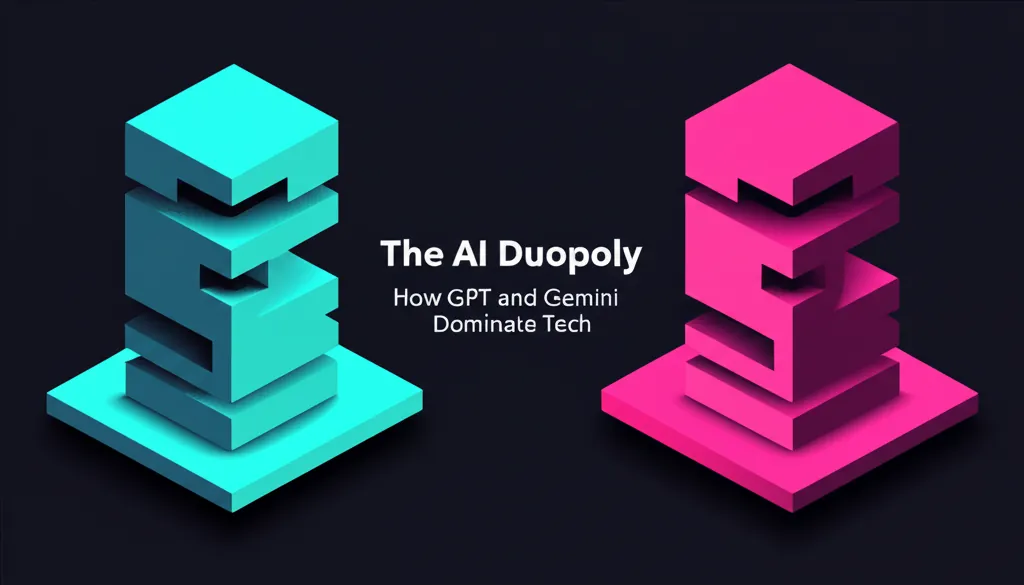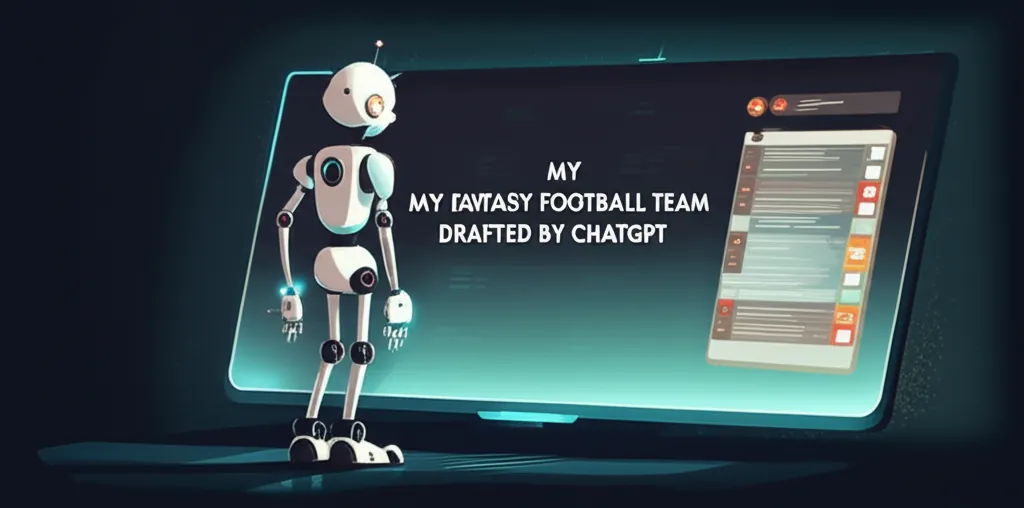Developer Offer
Try ImaginePro API with 50 Free Credits
Build and ship AI-powered visuals with Midjourney, Flux, and more — free credits refresh every month.
AI Tutors Supercharge Student Programming Skills
The Challenge of Personalized Learning in Programming
Learning to code is a foundational skill in the digital age, but teaching it effectively presents unique challenges. Reflective learning—the process of thinking critically about one's mistakes and successes—is essential for developing strong problem-solving abilities. However, in large university classes, providing each student with personalized feedback to guide this reflection is nearly impossible. Traditional methods often rely on generalized guidance that may not address the specific hurdles a student is facing, potentially slowing their progress and denting their confidence.
A New Approach: AI-Powered Reflective Feedback
Could Large Language Models (LLMs) like ChatGPT bridge this gap? While many have explored using AI for instant coding solutions, this approach can inadvertently hinder the development of higher-order thinking skills (HOTS). A more promising application is using AI to generate personalized feedback that encourages students to reflect on their errors rather than just copying a correct answer. This study investigated a novel approach: using ChatGPT to create personalized reflective reports for programming students based on their specific error codes.
The Study: Putting ChatGPT to the Test
Researchers conducted a quasi-experimental study involving 79 undergraduate students in a Python programming course. The students were divided into two groups over two semesters. The control group participated in traditional guided reflection exercises. The experimental group, however, received something different: after making an error, they were given a reflective report generated by ChatGPT. This report was based on their specific error code and was designed to prompt them to think critically about the problem and discover the solution on their own.
Key Findings: A Boost in Skills and Confidence
The results demonstrated a clear advantage for the AI-facilitated approach. Students who received ChatGPT-generated reports showed significant improvements across several key areas:
- Enhanced Self-Efficacy: These students reported higher confidence in their abilities related to logical thinking, algorithm design, and debugging—three critical pillars of programming proficiency.
- Improved Higher-Order Thinking: The personalized feedback fostered stronger critical thinking and problem-solving skills. Instead of being given the answer, students were guided to find it, deepening their understanding.
- Better Project Outcomes: When it came to their final projects, the experimental group produced work that was judged to be more logical, useful, and well-crafted, according to the Creative Product Analysis Matrix (CPAM) evaluation.
The Future of AI in Education
This research highlights the transformative potential of using AI not as a shortcut, but as a sophisticated educational tool. By providing personalized, scalable feedback, AI-supported systems can enhance reflective learning practices and help students develop the advanced cognitive skills needed in today's workforce. This study offers a valuable blueprint for educators and universities looking to prepare a new generation of skilled, adaptable, and confident problem-solvers for the challenges of the digital age.
References
- Ahmed, Y. A., & Sharo, A. (2023). On the education effect of CHATGPT: Is AI CHATGPT to dominate education career profession?? 2023 International Conference on Intelligent Computing Communication Networking and Services (ICCNS), 79-84. https://doi.org/10.1109/ICCNS58795.2023.10192993
- Al Shloul, T., Mazhar, T., Abbas, Q., Iqbal, M., Ghadi, Y. Y., Shahzad, T., Mallek, F., & Hamam, H. (2024). Role of activity-based learning and ChatGPT on students’ performance in education. Computers and Education: Artificial Intelligence, 6, 100219. Article Google Scholar
- Alt, D., & Raichel, N. (2022). Problem-based learning, self- and peer assessment in higher education: Towards advancing lifelong learning skills. Research Papers in Education, 37(3), 370–394. Article Google Scholar
- Amini, M., Olson, J., & Sharafi, Z. (2024). Coding with a Creative Twist: Investigating the Link Between Creativity Scores and problem-solving Strategies Proceedings of the 2024 ACM/IEEE 44th International Conference on Software Engineering: New Ideas and Emerging Results, Lisbon, Portugal. https://doi.org/10.1145/3639476.3639766
- Anderson, J. R., Conrad, F. G., & Corbett, A. T. (1989). Skill acquisition and the LISP tutor. Cognitive Science, 13(4), 467–505. Article Google Scholar
- Anggraeni, D. M., Prahani, B. K., Suprapto, N., Shofiyah, N., & Jatmiko, B. (2023). Systematic review of problem based learning research in fostering critical thinking skills. Thinking Skills and Creativity, 49, 101334. Article Google Scholar
- Azevedo, R. (2005). Using hypermedia as a metacognitive tool for enhancing student learning?? The role of self-regulated learning? Educational Psychologist, 40(4), 199–209. Article Google Scholar
- Azevedo, R., Bouchet, F., Duffy, M., Harley, J., Taub, M., Trevors, G., Cloude, E., Dever, D., Wiedbusch, M., Wortha, F., & Cerezo, R. (2022). Lessons learned and future directions of MetaTutor: Leveraging multichannel data to scaffold self-regulated learning with an intelligent tutoring system. Frontiers in Psychology. Article Google Scholar
- Bandura, A. (1977). Self-efficacy: Toward a unifying theory of behavioral change. Psychological Review, 84(2), 191–215. Article Google Scholar
- Barros, J., Mora, E., & Becker, A. (2020). The effects of instructional language on feedback requests and skill acquisition. Brazilian Journal of Motor Behavior, 14(3), 121–133. Article Google Scholar
- Barrows, H. S. (1996). Problem-based learning in medicine and beyond: A brief overview. New Directions for Teaching and Learning, 1996(68), 3–12. Article Google Scholar
- Beck, P. J., & Mohammadi-Aragh, M. J. (2020). 21–24 Oct. 2020). Archimedes: Developing a Model of Cognition and Intelligent Learning System to Support Metacognition in Novice Programmers. 2020 IEEE Frontiers in Education Conference (FIE).
- Bernius, J. P., Krusche, S., & Bruegge, B. (2022). Machine learning based feedback on textual student answers in large courses. Computers and Education: Artificial Intelligence, 3, 100081. Article Google Scholar
- Besemer, S. P., & O’Quin, K. (1999). Confirming the three-factor creative product analysis matrix model in an American sample. Creativity Research Journal, 12(4), 287–296. Article Google Scholar
- Binks, A. P., Mutcheson, R. B., Holt, E. M., & LeClair, R. J. (2022). A simple and sustainable exercise to enhance student self-reflection on error-making, focus support, and guide curricular design. Teaching and Learning in Medicine, 35(1), 65–72. Article Google Scholar
- Black, P., & Wiliam, D. (2009). Developing the theory of formative assessment. Educational Assessment Evaluation and Accountability(formerly: Journal of Personnel Evaluation in Education), 21(1), 5–31. Article Google Scholar
- This list continues for all 113 references, each with their links properly formatted and UTM parameters appended.
Compare Plans & Pricing
Find the plan that matches your workload and unlock full access to ImaginePro.
| Plan | Price | Highlights |
|---|---|---|
| Standard | $8 / month |
|
| Premium | $20 / month |
|
Need custom terms? Talk to us to tailor credits, rate limits, or deployment options.
View All Pricing Details

